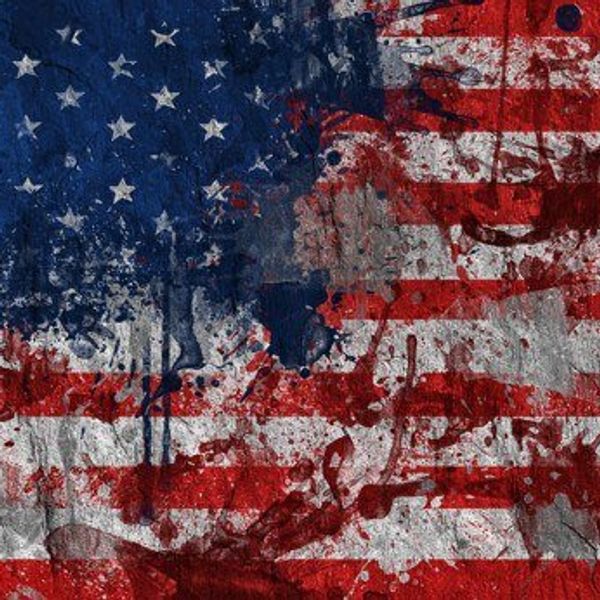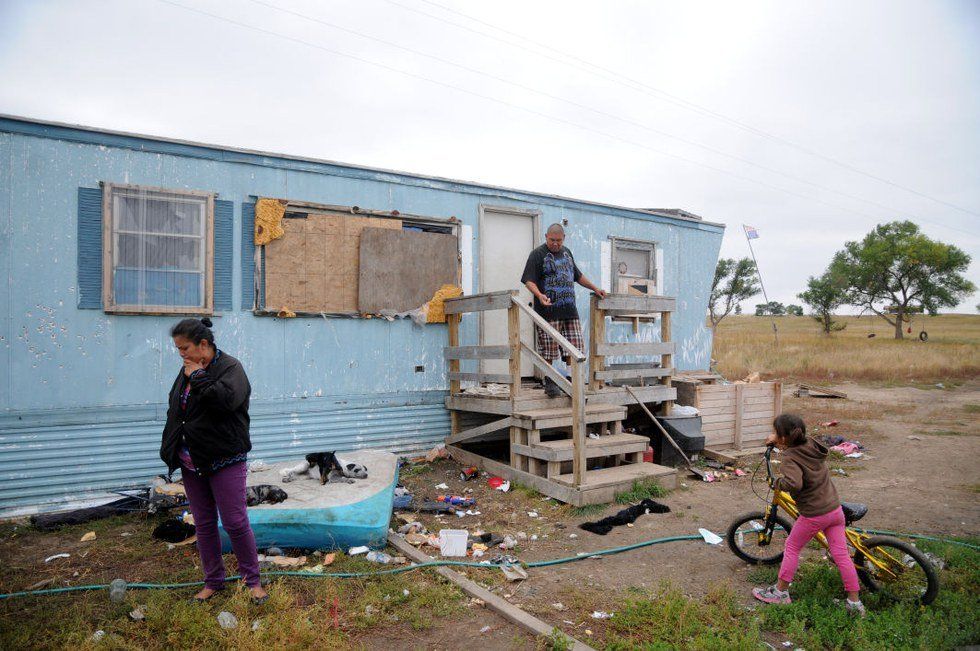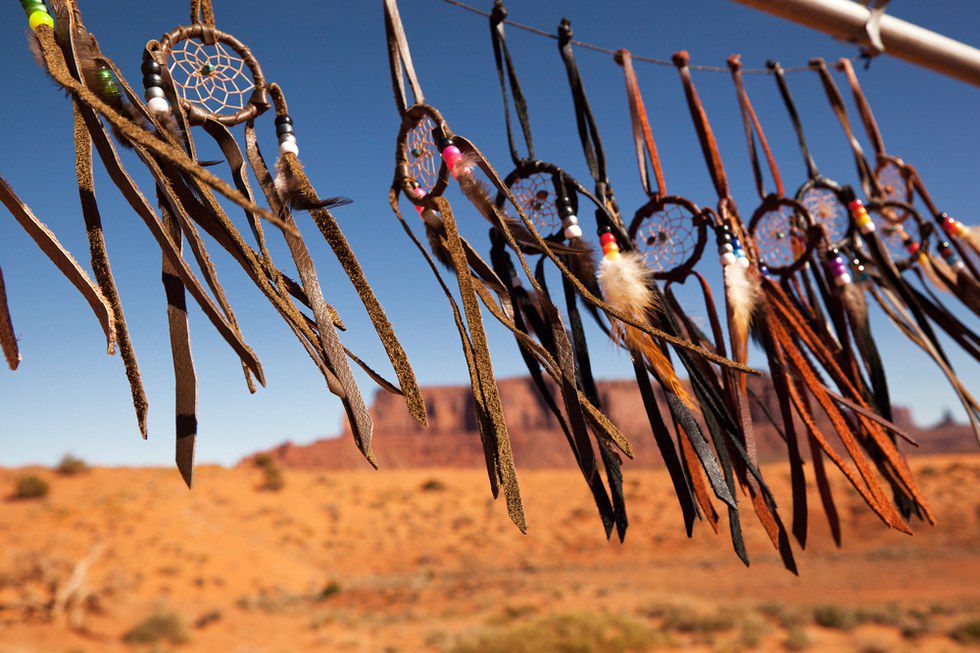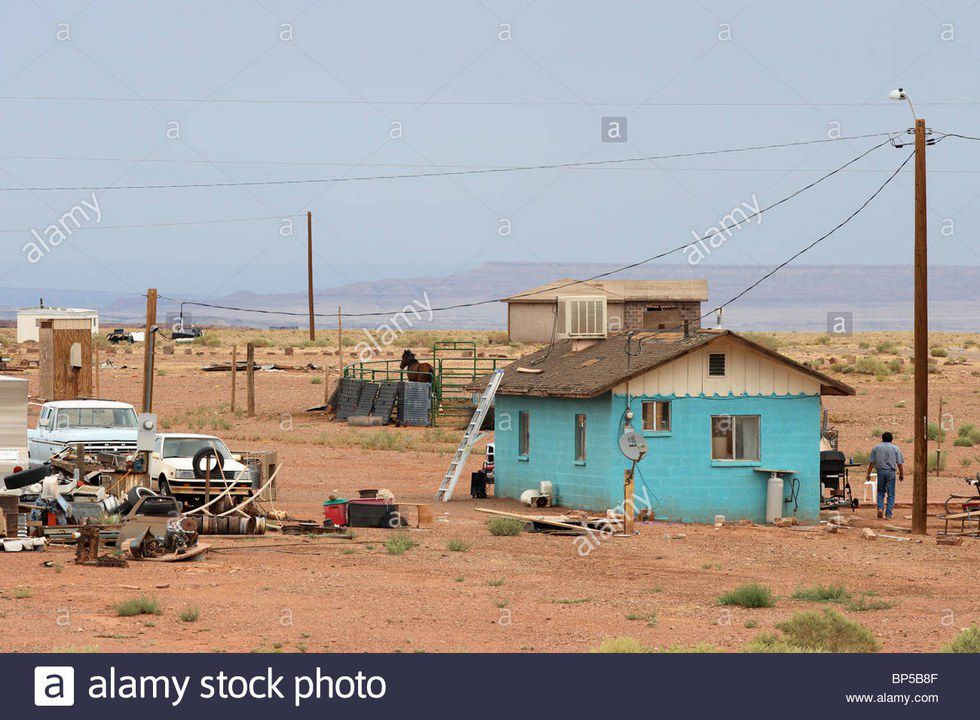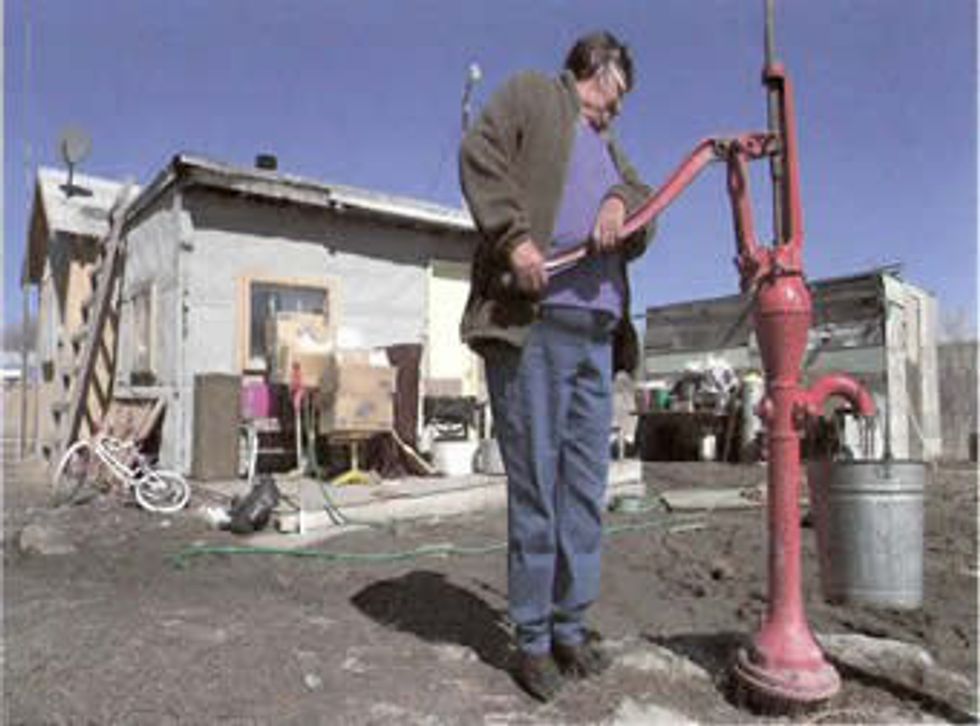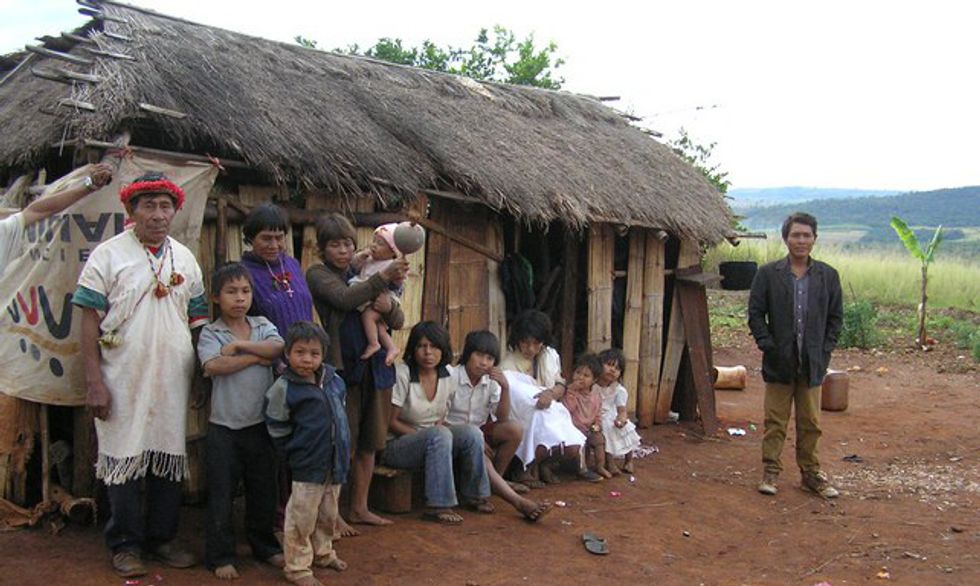We speak of Native Americans almost always in past tense. We all grew up as children in school learning about the first people who lived on this land. We think of brave hunters and warriors draped in animal skin and adorned in feathers. It’s a fantasy world many people imagine; a place that existed long ago full of wild men and women living off the land. What most people don’t realize, however, is that what once was a country full of strong, indigenous people, has become a land in which these tribes are oppressed and dwindling. With so many issues pressing this country, many overlook a problem that has existed since the first ship docked on American soil. Native American people are struggling, and its time they are given the attention they deserve.
Housing is another issue. The U.S. Commission on Civil Rights reported in 2003 that 40% of on-reservation housing is considered inadequate. The problem has improved little over the past 13 years. Indian Country Today confirmed that there are 90,000 homeless Indian families, 30 percent of Indian housing is overcrowded, and less than 50% of it is connected to a public sewer. Also, it is not uncommon for Native American families to lack basic utilities such as running water, electricity, and heating and cooling systems. The reason for this is due to the state of poverty these families undergo.
The United States is at a crucial point. We, as a nation, are steadily losing touch of our American Indian heritage. The languages of the tribes are rapidly dying, the government continues to take land from those on the reservations, and traditions and cultural practices are being done less and less. The point is that more needs to be done to save such a rich and beautiful culture. How many of us have traces of Native American ancestry in our blood? How many of us remain in awe of the triumphs of great American Indian leaders? Where would our country be today without people like Squanto, Pocahontas, and Sacajawea? We owe so much of our nation’s success to the help of brave Indians who received nothing in return. Restoration of the American reservations and Indian culture is in the best interest of all of us. Our government needs to address the problems and correct them before it is too late.


